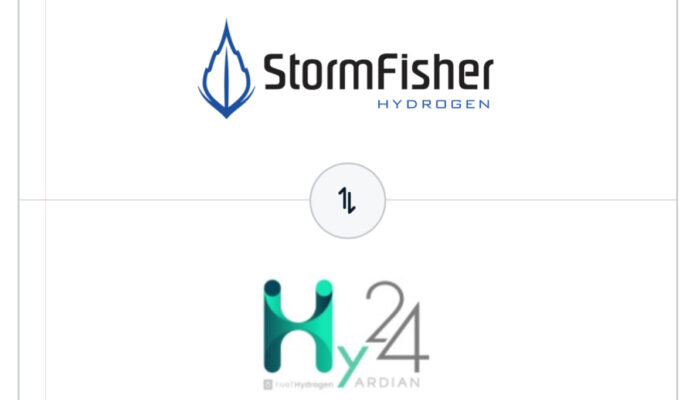
We are pleased to announce that DAI Magister acted as the exclusive advisor to StormFisher Hydrogen, a leading developer and […]

We are delighted to have advised on the proposed acquisition of Freetrade, a leading self-directed investment platform, by IG Group for GBP £160m. The transaction highlights […]

We are pleased to announce the appointment of Steve Bachmann as Head of US and Co-Head of Europe. Bachmann brings […]
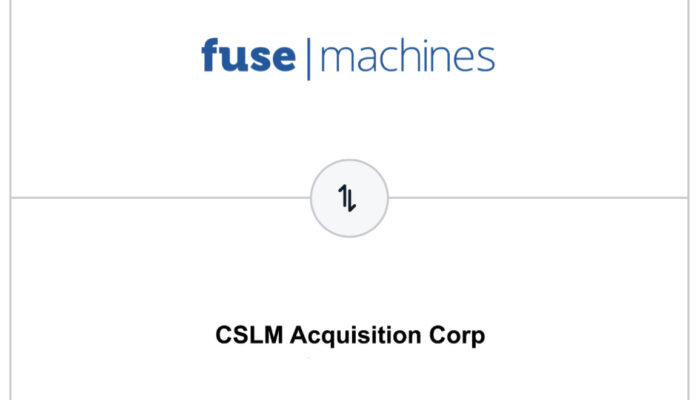
Wednesday, 24th January 2024 – 10:00am (GMT) The transaction values Fusemachines at $200 million, with the company expected to go […]
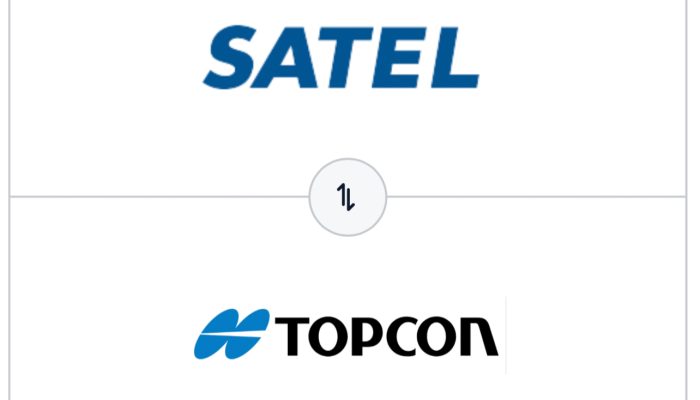
We are pleased to have advised and led the successful sale of Satel Oy, a global leader in precision positioning […]
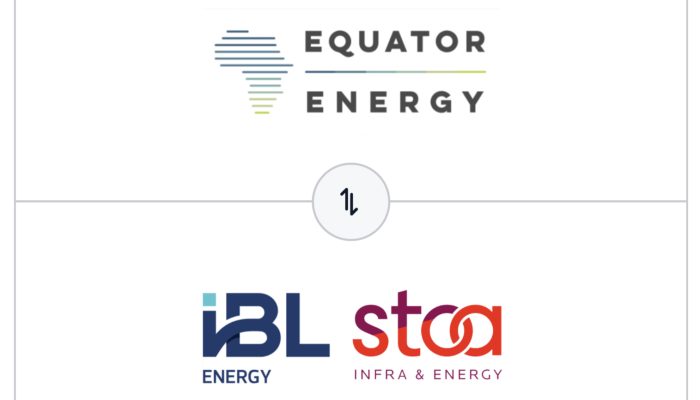
DAI Magister has announced its latest successful deal, advising Equator Energy Ltd (Equator Energy), as IBL Energy Holdings Ltd (IBL […]

We are pleased to announce the appointment of Energy Transition investment banker Stefan Walter, as Principal. Stefan brings with him […]

We are pleased to announce our new partnership with TC Capital, an established investment bank in Asia, to create a […]

Several well-known African start-ups have successfully gone through the ‘DAI Magister Academy’, a customised, FREE SERVICE aimed at helping early-stage […]

According to research estimates of total investments in energy, innovations and climate adaption etc start at $3.5 trillion per annum, […]
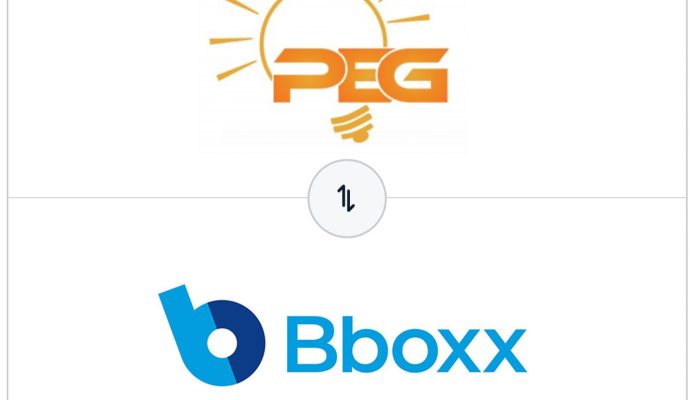
DAI Magister was pleased to advise leading distributed energy company PEG Africa on their merger with Bboxx, a UK start-up […]

We are pleased to announce the appointment of seasoned investment banker Risana Zitha, who will lead DAI Magister’s Africa branch […]

We are pleased to announce two significant appointments. Former Jimmy Choo CEO, Pierre Denis, and corporate director and former Agent-General […]

DAI Magister is pleased to announce the appointment of two senior advisors, Claude Sassoulas and Sudhir Ispahani, both highly successful, […]
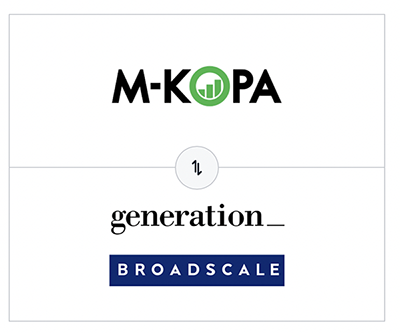
DAI Magister was privileged to advise Africa’s leading connected asset financing platform, M-KOPA, on its recent growth equity round of […]

DAI Magister is pleased to announce the appointment of Marc Deschamps as Co-Head. A tech entrepreneur and corporate leader with […]
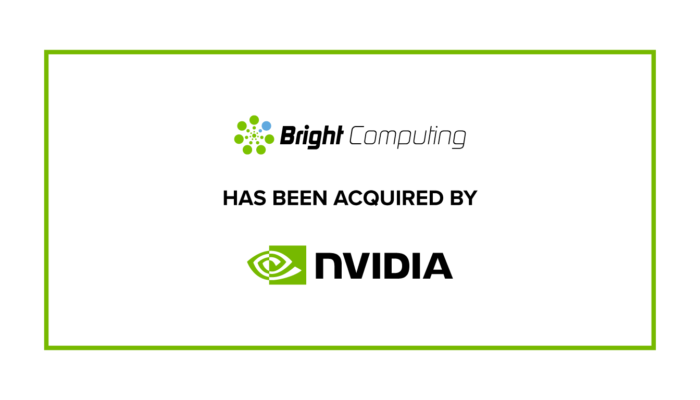
DAI Magister was privileged to advise the leading high-performance computing (HPC) software provider for enterprises, Bright Computing, on its sale […]

According to research, the global climate risk assessment market is projected to reach $31.2 billion by 2030, growing at a compound annual growth rate (CAGR) of 17.5% between 2024 to 2030. This growth is fuelled by the rising adoption of AI and machine learning technologies in climate risk modelling and assessment.

The second quarter of 2024 marked a turning point, with PE’s strongest deal-making period in two years. PE firms closed 122 acquisitions valued at an impressive $160 billion. While this still pales in comparison to the high-water mark of Q3-2021—when 232 deals worth $300 billion were completed—it represents…

According to Future Business Insights report, the global green technology and sustainability market for steel production is projected to reach over $89 billion by 2032, growing at a compound annual growth rate (CAGR) of 20.9% from 2024 to 2032. This remarkable growth is driven by increasing environmental regulations, consumer demand for sustainable products, and the steel industry’s…

The magnitude of the global food waste crisis is nothing short of alarming. Approximately one-third of all food produced worldwide—a staggering 1.3 billion tonnes—ends up in bins and landfills annually. This equates to roughly £1 trillion worth of food lost or wasted every year. In the UK alone, the scale is equally sobering: households and businesses squander around 9.5 million tonnes of food annually, with a value exceeding £14 billion.

Currently, the annual utilisation of CO2 stands at approximately 230 million tonnes, with the majority being channelled into urea production for the fertiliser industry and enhanced oil recovery. However, this figure falls significantly short of the volume we must capture by 2050 to achieve net zero emissions. To address this shortfall, a substantial increase in utilisation methods and sequestration is required.

Despite the increased adoption of renewable energy and growing maturity of several key decarbonisation pathways, CO2 emissions peaked in 2023 and are projected to continue rising for decades to come. Even governments of countries with firm climate commitments, such as the UK which pledged to achieve zero-carbon electricity by 2035, will continue to build new natural gas-fired power plants to ensure reliable power supply.

The urgency of the water crisis is likely to drive further investment and innovation in the coming years. With freshwater demand projected to surpass supply by 40% by 2030, there is a clear and growing need for innovative water solutions. This gap between supply and demand represents a substantial market opportunity for companies that can develop effective technologies to address water scarcity, improve water quality, or enhance water use efficiency…

As the demand for AI surges, so does the energy consumption of data centres. It’s predicted that by 2026, data centre electricity consumption could reach 1,000 terawatt-hours, equivalent to Japan’s total annual usage. However, AI itself may hold some of the keys to addressing this challenge. Our blog delves into how AI-driven solutions are transforming data centre operations, from optimising power usage to enabling smart grid integration…

NPUs are emerging as the solution of choice in an AI semiconductor market bifurcating into training and inference applications. These specialised chips offer significant advantages in terms of size, cost and energy efficiency for AI processing tasks. With projections indicating the edge AI inference device market will reach c$50bn by 2026, this presents a considerable opportunity…

In our earlier posts we explored two key elements of successful exit preparation: the overarching idea of preparing to be “bought not sold” and the “essential actions” a company and board can undertake, well in advance of any planned exit, to maximise both price and certainty. A third vital dimension in any successful exit prep phase (what we term “Stage 1”) is cultivating serious buyer interest well in advance of an intensive exit process (“Stage 2”).

In this second post on exit planning, we explore some of the key actions that underpin successful preparation (what we call Stage 1) before an intensive, competitive M&A sale process (Stage 2). Based on our experience across 300 exits spanning decades, we firmly believe that thoughtful, sustained preparation over several months or even 1-2 years before a company is formally put up for sale increases both the price and certainty of an eventual deal.

From the highs of 2021-22, exits exceeding $100 million have fallen 50% to 2018-19 levels. While this is still considerably higher than the previous decade, to investors and founders this surely feels like a sharp decline. This reset, however, should come as no surprise. Everything reverts toward the mean, and with high interest rates and public companies going private due to low valuations amidst economic and macro uncertainty, achieving successful exits now requires thoughtful and sustained planning to maximise value…

The digital health landscape is evolving rapidly, with advancements in remote consultation, mental health support, at-home diagnostics, patient monitoring, and the integration of artificial intelligence (AI) and generative AI (GenAI). These technologies are not only improving access to healthcare services but also transforming the way care is delivered, making it more efficient, personalised, and patient-centric…

Remittances play a pivotal role in many African economies, significantly contributing to their Gross Domestic Product (GDP). In 2022, remittances accounted for an average of 7.6% of GDP in Western Africa, 6.8% in Eastern Africa, 4.4% in Northern Africa, 3.7% in Southern Africa, and 1.4% in Central Africa. The total value of remittances in Africa reached nearly $100 billion, with $20 billion being intra-Africa flows.